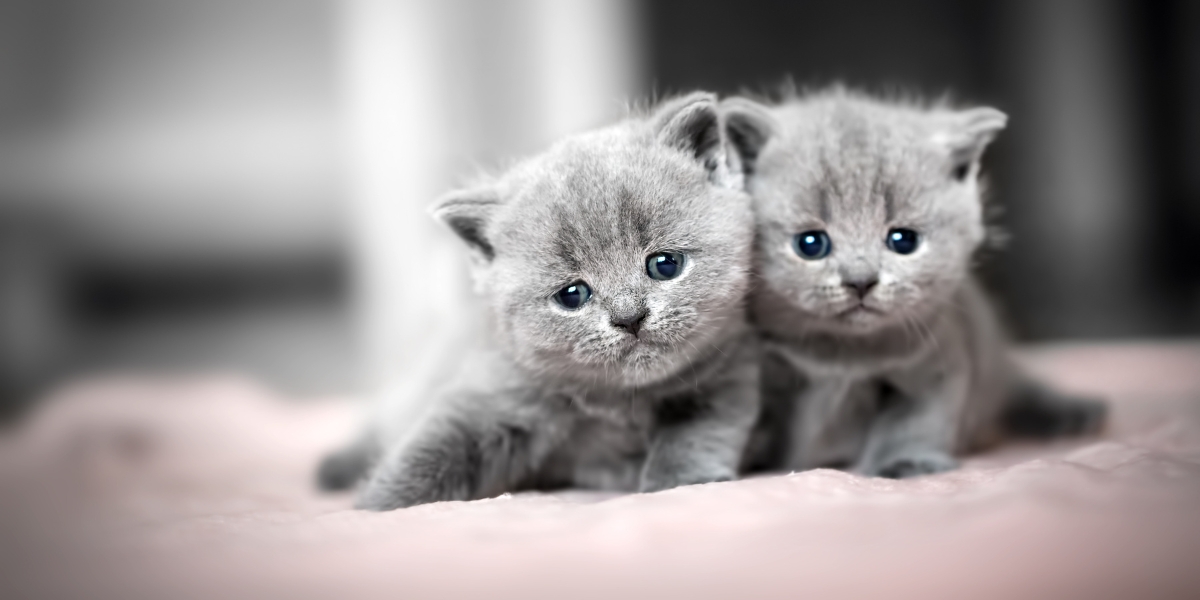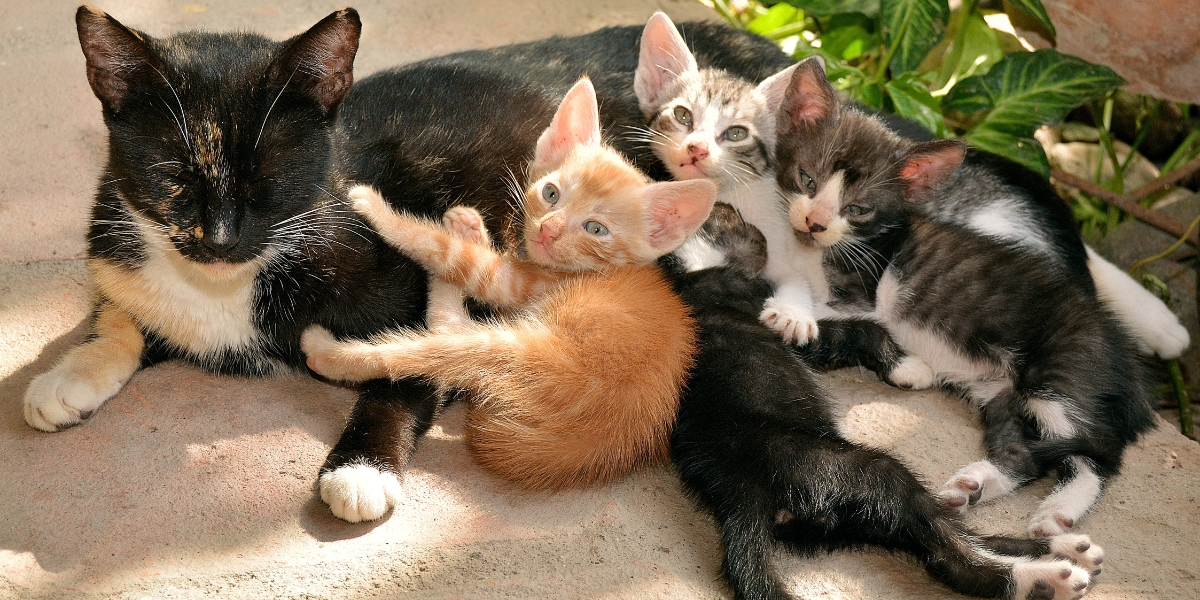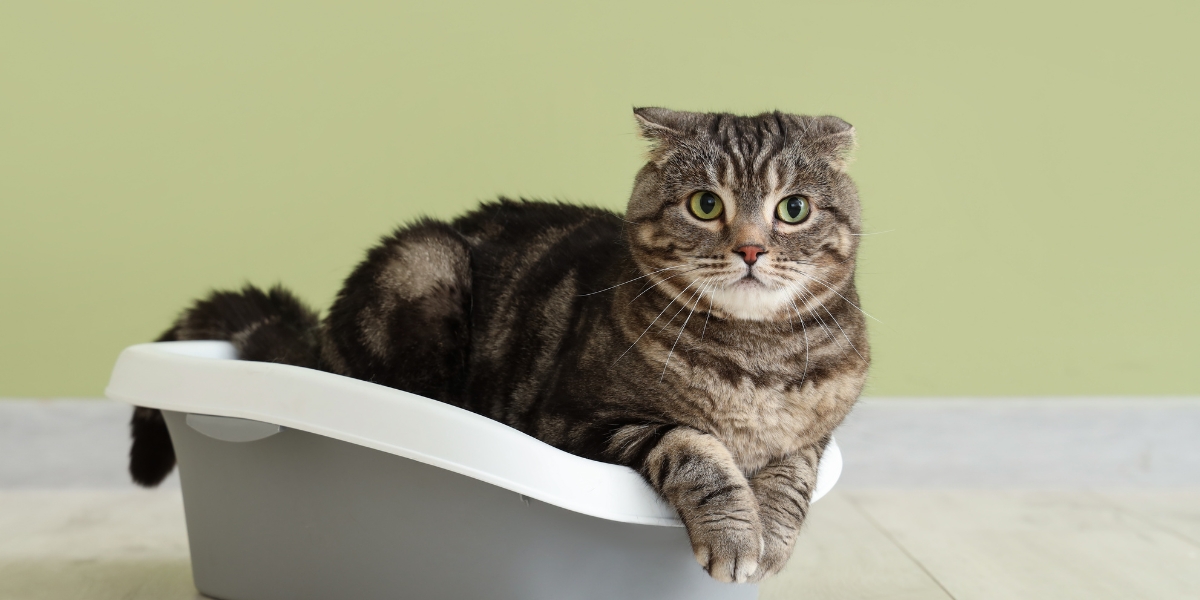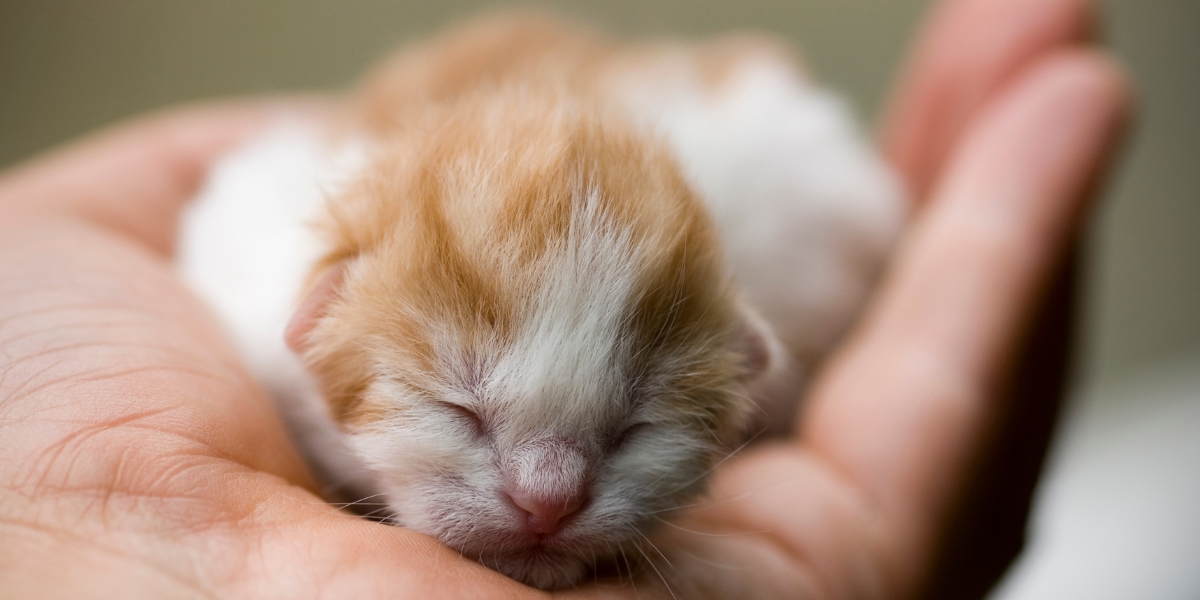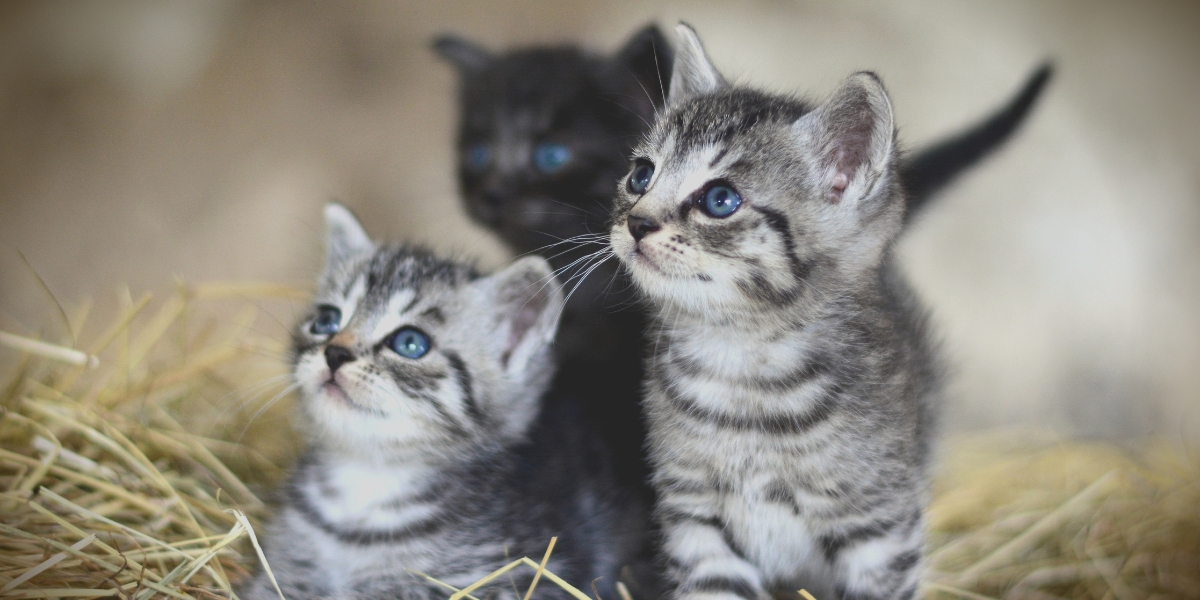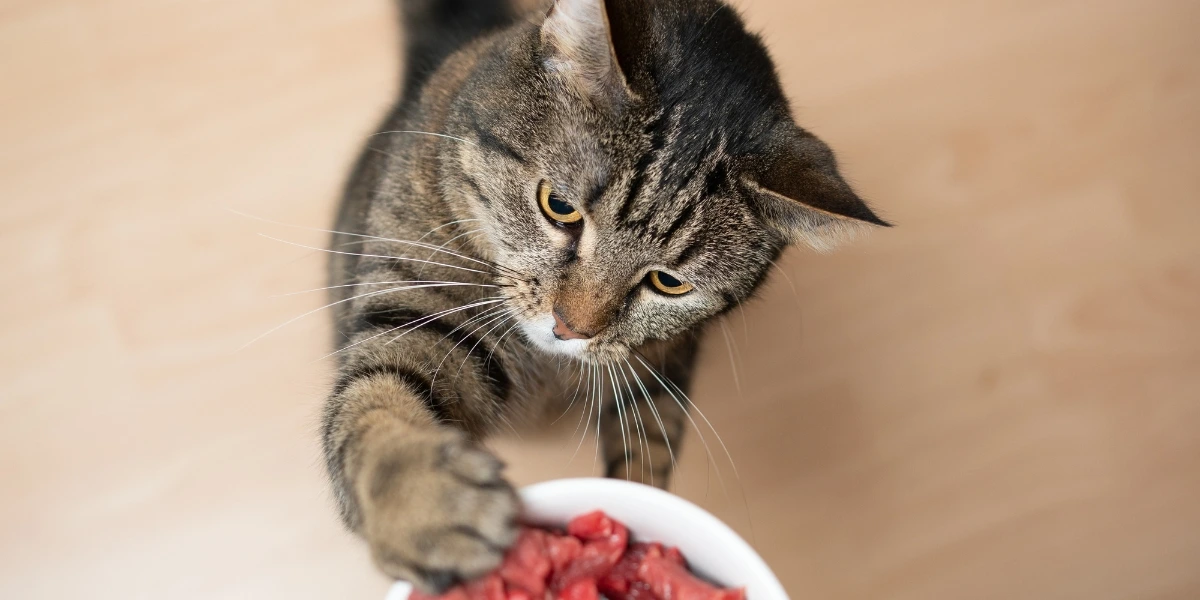Introduction
Witnessing a mother cat eating her own kitten can be incredibly distressing, especially for those dedicated to caring for cats. This behavior, also known as filial cannibalism, may occur in both stray cat colonies and well-maintained homes. To better prepare for such situations, it’s crucial to explore 9 possible reasons why this happens, even in seemingly healthy breeding environments.
For example, a mother cat might feel overwhelmed by large litters or sense something is wrong with one of the kittens, prompting her to remove it. In some situations, the behavior may arise from stress, lack of resources, or instincts designed to protect the remaining kitten group. By understanding the reasons behind this distressing act, you can provide better care and minimize the chance of it happening.
Do Cats Eat Their Kittens? The 9 Reasons
1. Unhealthy Kittens
One of the most common reasons a mother cat may eat her kittens is when one is diseased or unhealthy. With their sharp sense of smell, cats can detect conditions humans might not notice. A weak kitten with a low chance of survival may be instinctively removed by the mother to protect the overall health of the litter. If the unfit kitten dies naturally, it can spread bacteria, endangering the rest. By acting swiftly, the mother reduces these potential health risks and ensures the safety of the healthier kittens.
In the wild, this behavior is even more crucial. Mothers will sometimes eat ill offspring to conserve energy and focus on raising the fittest kittens. This helps ensure the survival of those with the best chance to thrive. Feline experts explain that this act, though harsh to witness, is part of a natural instinct to manage limited resources. It is not about cruelty but survival.
Cats, equipped with more than 200 million smell sensors, can even detect infections or illnesses undetectable to humans. When an unhealthy kitten is present, it poses a risk not just to the litter but also to the mother herself. This acute ability allows mothers to make decisions that prioritize the longevity of the entire group.
2. Stress from Predators
In the wild, mother cats face threats from various predators that might see their kittens as easy prey. In high-stress situations, where the environment feels unsafe or there are changes in the surroundings, a mother cat may instinctively eat some of her kittens to ensure the survival of the rest. This behavior stems from a natural survival instinct, as the mother aims to reduce the risk of attracting predators and protect the remaining kittens.
The presence of predators, loud noises, or other dangers can push a mother cat into a state of extreme stress, similar to behaviors like twitching caused by anxiety or other factors Why does my cat’s back twitch?. In such cases, she might believe that her kittens are not secure, leading her to act in ways that appear shocking but are driven by the need to safeguard her offspring. These abnormal behaviors, though rare in domestic settings, are more common in the wild, where the stakes for survival are higher.
Even in relatively stable environments, trauma or significant disruptions can trigger this instinctive reaction. A mother cat under stress might behave in ways that seem not typical, sacrificing weaker kittens to ensure the survival and security of those she believes have a better chance in a dangerous world.
3. Mastitis
When a mother cat suffers from mastitis, her mammary glands become inflamed, causing intense pain during nursing. This condition can lead to reduced or completely dried-up milk production, leaving her unable to feed her kittens. In the wild, this situation increases the risk of her weakened state attracting predators or spreading the infection transmission to her litter.
To protect her remaining kittens, the mother might display alarming behavior, such as deciding to eat a sick or vulnerable one. This act can alleviate pain by reducing the strain on her mammary glands and preventing further infection transmission. By doing so, she ensures the survival of her stronger kittens while also helping her own body recover.
4. Protecting the Litter
Mother cats are highly protective of their litters, especially in the critical first few weeks after giving birth. If there is too much interference near the nest, she might view the area as unsafe. In such cases, a mother cat could either move her kittens or in extreme situations, eat them to eliminate the perceived risk. This behavior is especially common in the wild, where it serves as a natural way to protect the litter from potential threats and predators. Stress can also manifest in other ways, such as obsessive grooming behaviors, which might require steps to stop a cat from licking a wound.
5. Long, Stressful Labor
A mother cat enduring long, stressful labor experiences a physically demanding time. If the labour stretches over a three-day delivery, her body becomes exhausted and famished, leaving her desperate for vital nutrients to recover and regain energy. During this period, the cat’s body, which is designed to run on proteins as an obligate carnivore, prioritizes survival. Experts suggest that, in extreme cases, she might consume a kitten to restore the nutrients lost and maintain the strength needed to continue giving birth.
The stress of feeding a baby immediately after prolonged labor adds to the burden. A mother cat needs every ounce of energy to care for her remaining litter, and eating a kitten may provide the important sustenance required. This instinct-driven act, while heartbreaking, is her body’s way of coping with the intense physical demands. It helps her stay strong to support her other kittens and ensure their survival.
Such behavior reflects the harsh realities of nature, where survival mechanisms often take precedence. The demanding process of birth and recovery can push a mother cat into making difficult choices to ensure she remains capable of fulfilling her duties as a caregiver.
6. Inexperience
For first-time mothers, a lack of experience can lead to misjudgments and mistakes when trying to properly care for their kittens. These inexperienced first-time parents may unintentionally harm or even accidentally kill their young due to their inability to handle the delicate nature of motherhood. Unfortunate accidents like handling their babies too roughly or not knowing how to respond to their needs can occur, making them resort to consuming the harmed kittens.
This behavior stems from a lack of maternal experience rather than aggression. In such cases, the mother may feel overwhelmed, and her instinct might guide her to clean up what she perceives as a threat to the rest of the litter. This is a sad yet natural response as the mother cat learns how to navigate the demands of motherhood. You can learn more about why cats exhibit this behavior in this guide on why your cat walks between your legs.
7. Stillborn Kittens
When a kitten is stillborn, it can pose a risk of spreading bacteria to the rest of the litter. In these situations, a mother cat has no choice but to consume it to eliminate the threat and prevent potential infection. This natural instinct helps protect the surviving kittens, ensuring the health of the litter.
8. Nutritional Deficiencies
If a mother cat isn’t fed properly, it may develop deficiencies in its diet that can significantly affect behavior. A lack of essential nutrients can lead to unusual behaviors, including cannibalism of her kittens. Having raised cats, I’ve noticed that ensuring a well-balanced diet prevents such extreme reactions. Providing high-quality food rich in proteins and vitamins is critical to maintaining her health and the safety of her litter.
9. Malnourishment
A malnourished mother cat may consume her kittens to obtain essential nutrients she desperately needs. This can happen when her diet lacks the necessary balance to support both her health and milk production. Sometimes, she will eat the placenta and, in extreme cases, even her entire litter to ensure her own survival. I’ve observed this heartbreaking reality with stray cats, especially those left underweight or malnourished during pregnancy.
In the United States, where many pet owners are unaware of the risks, ensuring proper nutrition is crucial. A mother cat’s ability to breastfeed and care for her kittens depends on her receiving increased nutrients. Without this, she may instinctively prioritize survival over her litter, making such sacrifices to maintain her health.
Recognizing if a Mother Cat Ate Her Kittens
To determine if a mother cat has consumed her kittens, you should monitor her closely before and after birth. Start by keeping a record and counting the number of kittens born. If any are missing, it’s possible that she may have eaten a newborn due to stress or health issues. Sometimes, kittens might wander off on their own, so check the surroundings carefully. Having observed this firsthand with rescued cats, I learned that patience and vigilance are key in understanding such behavior.
What to Do If a Mother Cat Eats Her Kittens?
If a mother cat eats her kittens, it’s important not to punish her, as this behavior is often natural and instinctive. In my experience, it usually stems from underlying issues, such as a sick or neglected kitten in the litter.
The first step is to consult a vet to identify possible reasons for her actions. If needed, you might separate the litter and provide extra care and feeding to ensure their survival. Understanding her instincts can help you respond appropriately while protecting the kittens.
Conclusion
In conclusion, while it may be shocking to witness a mother cat consuming her kittens, this natural and instinctive behavior is often driven by various factors such as stress, undernourishment, or the presence of unhealthy or stillborn kittens. This behavior, though difficult to understand, is more common in feral cats or those living in the wild, where survival instincts often outweigh emotional bonds.
Ensuring proper food, water and nursing support as well as reducing stress and providing a calm environment, is crucial during this critical phase of a cat’s life. Providing the right nutrition is vital to maintaining a mother cat’s health and energy levels, and a well-balanced diet can go a long way in preventing undernourishment. For example, feeding your cat protein-rich foods, such as chicken livers, can be an excellent way to support her nutritional needs.


